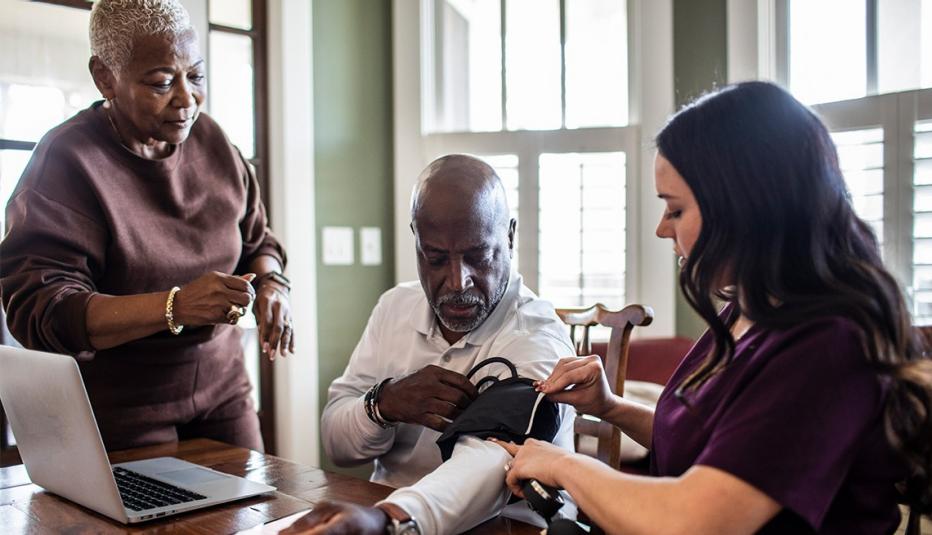AARP Hearing Center
Patient and family advisory councils (PFACs) are a potentially important tool to involve consumers and families in efforts to improve care delivery in hospitals. This Spotlight describes the history and emergence of PFACs in hospitals, and recommends how PFACs can be broadened to include the unique perspectives of family caregivers of older adults into quality improvement activities.
PFACs can be viewed as a strategy and feedback look for states that have enacted the Caregiver Advise, Record, and Enable (CARE) Act to improve smoother transitions from hospital to home. The CARE Act requires hospitals to identify family caregivers in the medical record, notify the family caregiver of their relative’s discharge plans, and instruct him or her on how to perform medical/nursing tasks at home.
One way PFACs can lead cultural change is by incorporating practical and systematic ways to address the needs of family caregivers of older adults, who are often unprepared to provide complex care to older adults at home after a hospitalization.






































































